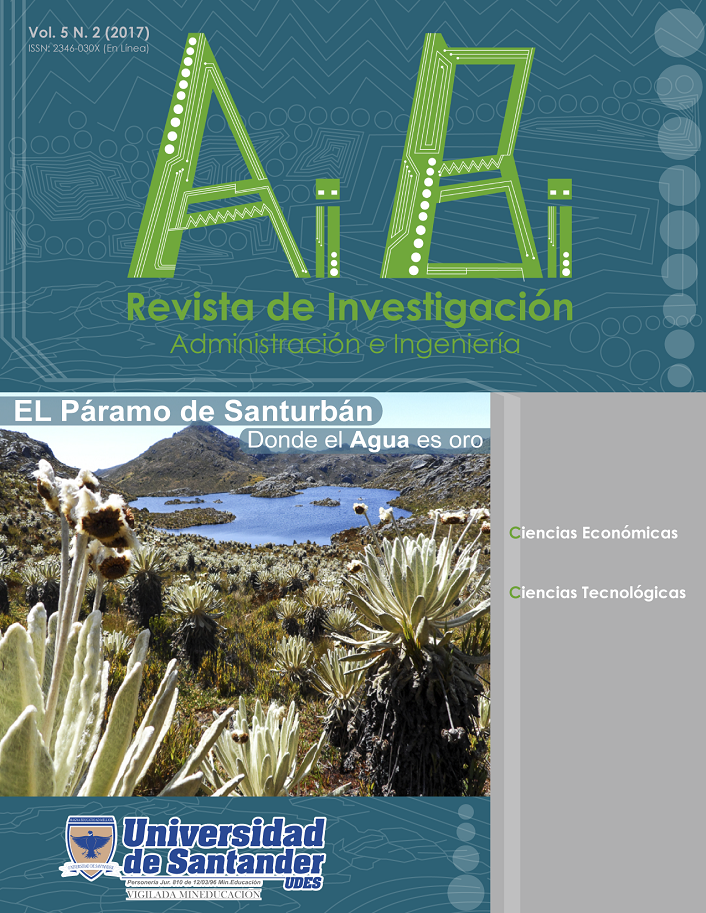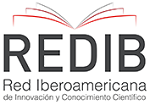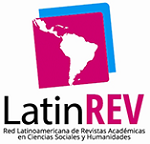The educational training of the engineer and the complex reality of the contemporary world.
DOI:
https://doi.org/10.15649/2346030X.435Keywords:
Educational Training, Engineer, Reality, Contemporary WorldAbstract
The present investigation was oriented to answer: what is the profile of the engineer in the current world ?, How the
pedagogical and didactic training of the teachers who teach engineering can contribute to raise the interest for studying engineering in
Colombia ?, Due to the decrease in the number of students willing to study this area. The study was developed through a documentary
investigation. There was misinformation of the engineering profile offered by some universities; diversity in specializations resulting from
advances in science, technology and knowledge; Currently, different skills are required for the engineer: ability to work in a team, leadership,
responsibility, ethics, command of a foreign language; Willingness to learn; update work with people from other cultures; assess your context;
social role and the benefit of the community. An experience of university didactic renovation evidenced the importance of research by the
student and teacher update to change traditional education
References
Serna M. E., y Serna A, A. La formación en ingeniería en Colombia: una situación que preocupa. 2013.
Serna M., E. y Serna A., A. Crisis de la ingeniería en Colombia: estado de la cuestión. Ingeniería Y Competitividad, 17 (1), 63 – 74. 2015.
Ramírez A., H., Ramírez C., J. F. La formación del ingeniero desde la perspectiva del profesional reflexivo: desarrollo de teoría e hipótesis a partir de resultados de investigación previos. Revista Educación en Ingeniería, 10 (20), 46-53. 2015.
Capote León, G. E., Rizo Rabelo, N., y Bravo López, G. La formación de ingenieros en la actualidad. Una explicación necesaria. Revista Universidad y Sociedad [seriada en línea], 8 (1), 21-28. 2016.
Pérez, A.,Velo, E., Sierra, M., Boni, A., Peris, J., Zolezzi, G., y Trimingham, R.,. Dimensiones globales en la educación para la ingeniería. Barcelona: Unión Europea. 2014
Ulloa, G. ¿Qué pasa con la ingeniería en Colombia?. Ingeniería y sociedad. Eduteka, 1-4. 2008.
Perico Granados, N. R. y Perico Martínez, N. R. Los ingenieros docentes y el medio ambiente. 2014.
Blanco Rivero, L. E. Perfil del ingeniero colombiano para el 2020. Education, Innovation, Technology and Practice. 5th Latin American and Caribbean Conference for Engineering and Technology. Tampico, México. 2007.
Torres Cruz, M de L. y Ruiz Badillo, A. Motivación al logro y el locus de control en estudiantes resilientes de bachillerato del Estado de México. Psicología Iberoamericana, 20 (2), 49-57. 2012.
Consejo Federal de Decanos de Ingeniería de Argentina - CONFEDI Competencias y perfil del ingeniero iberoamericano, formación de profesores y desarrollo tecnológico e innovación (Documentos Plan Estratégico ASIBEI). Bogotá: ASIBEI. 2016.
Código de ética para el ejercicio de la ingeniería en general y sus profesiones afines y auxiliares. (Título IV- Ley 842 de 2003).
Downloads
Published
How to Cite
Issue
Section
Altmetrics
Downloads
License
The journal offers open access under a Creative Commons Attibution License

This work is under license Creative Commons Attribution (CC BY 4.0).












